Thatcham Research and Euro NCAP have jointly launched a new grading system for driver assistance tech to reduce confusion around its capability.
The Assisted Driving Grading will supplement Euro NCAP’s traditional crash test and feature-based star rating system, providing scores for the effectiveness of the driver assist tech on offer, its ability to keep the driver engaged in the process of driving and its performance in an emergency.
The safety bodies will also consider the way the systems are marketed by each manufacturer, determining whether they encourage the driver to put too much faith in them.
“The systems that are currently allowed on our roads are there to assist the driver - but do not replace them,” said Matthew Avery, Thatcham’s director of research.
“Unfortunately there are motorists who believe they can purchase a self-driving car today. This is a dangerous misconception that sees too much control handed to vehicles that are not ready to cope with all situations.”
Avery also claimed that legislators, insurers and manufacturers cannot move to the next step of automated driving if the full capability of assisted driving tech is not understood clearly by consumers.
The Assisted Driving Grading uses a sliding points scale across multiple categories, with 200 points awarded. The points awarded in testing put the car into four categories: Entry (between 100-120 points), Moderate (over 120 points), Good (over 140 points) and Very Good (160 points or more). Cars that score below 100 points are classed as Not Recommended.
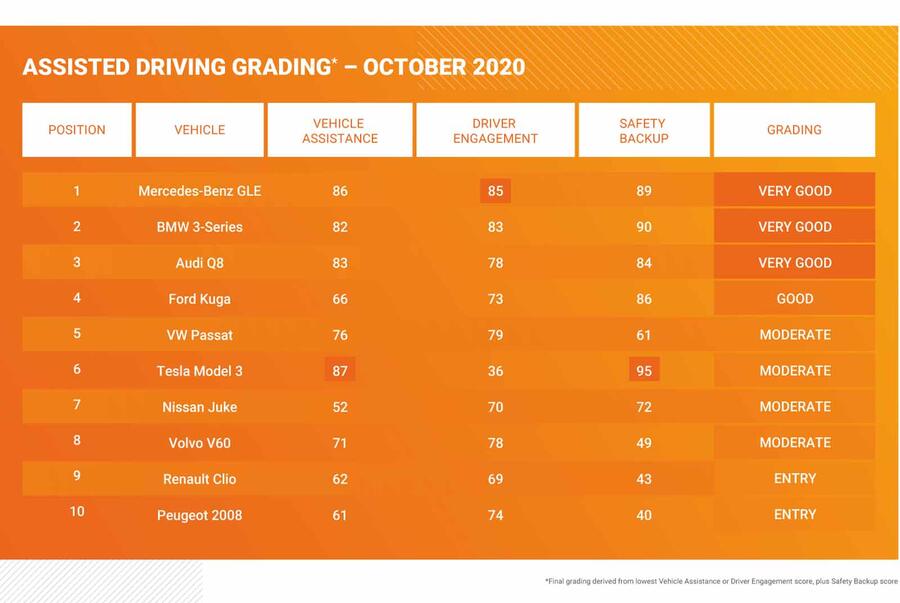
The first batch of 10 results issued includes the latest Renault Clio (awarded an Entry rating as an effective but basic system), the Tesla Model 3 (given a Moderate score and criticised for reduced driver engagement and misleading marketing) and the Mercedes-Benz GLE (which achieved the highest rating of the cars tested so far).
“The best systems strike a good balance between the amount of assistance they give to the driver and how much they do to ensure drivers are engaged and aware of their responsibilities behind the wheel,” continued Avery. When performing at their best, the systems can both reduce fatigue and keep the driver out of trouble.
Autocar attended a demo session at Thatcham’s test track to try out few of the methods used to test the systems. With Avery in the passenger seat, we went out first in a BMW 3 Series (one of the highest rated) and then a Tesla Model 3, illustrating the differences in the systems at a broadly similar price and size point.

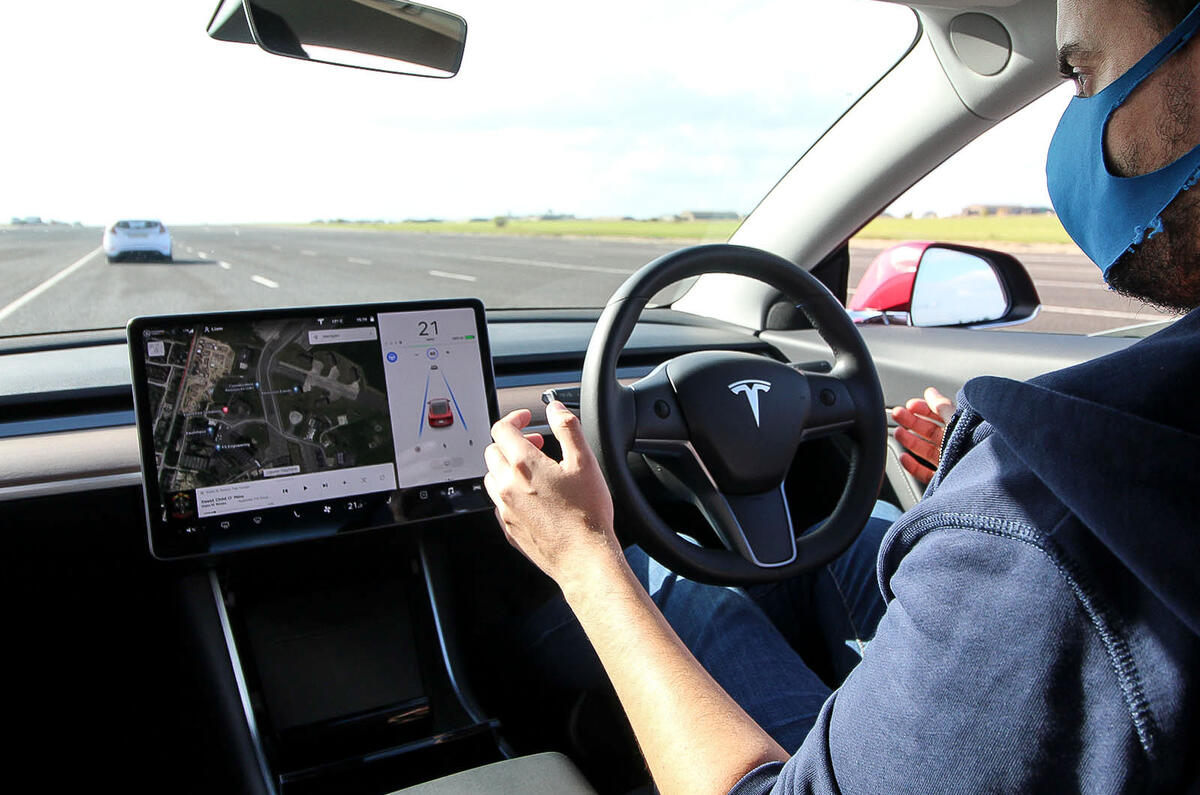
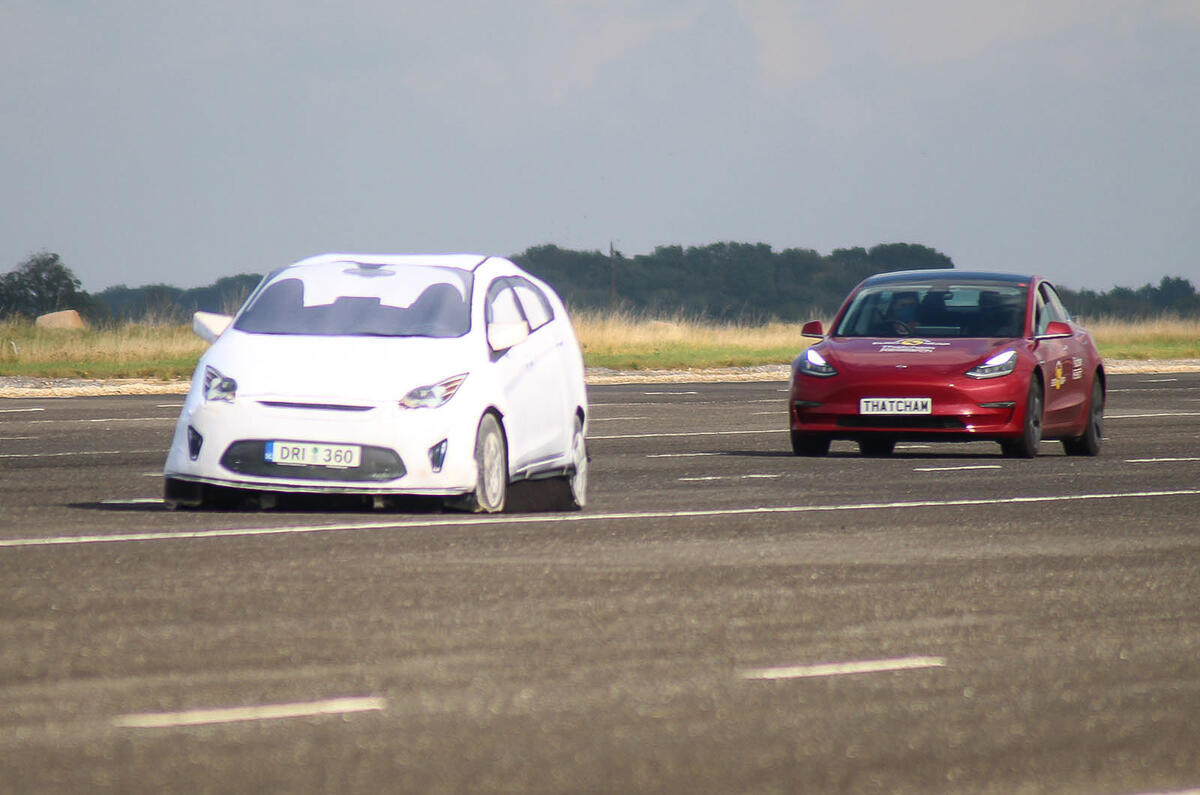
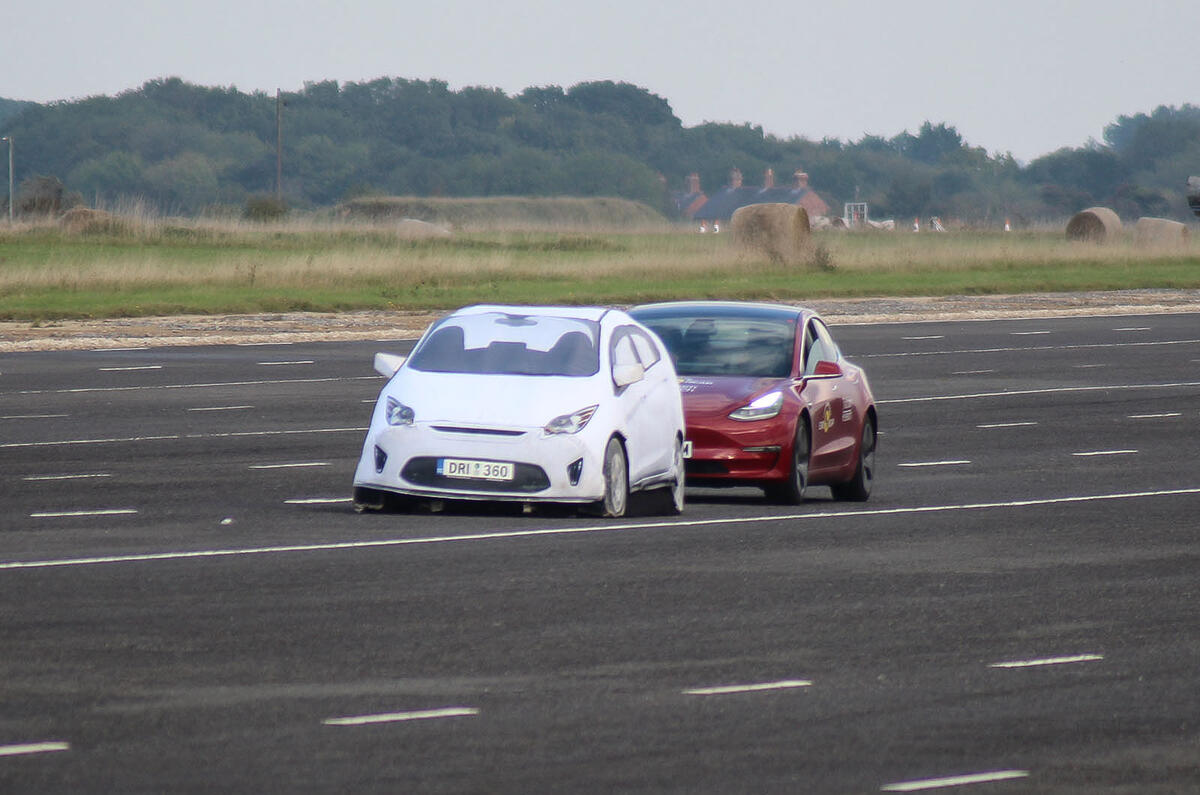
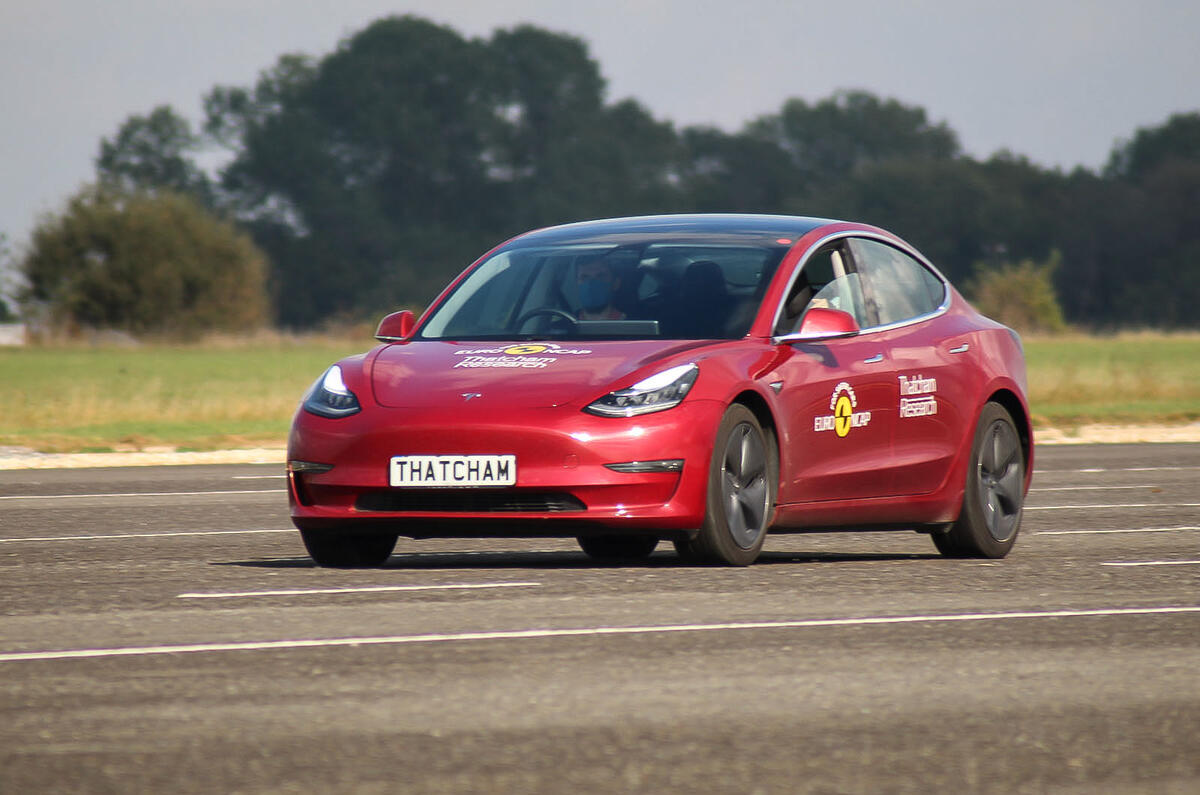
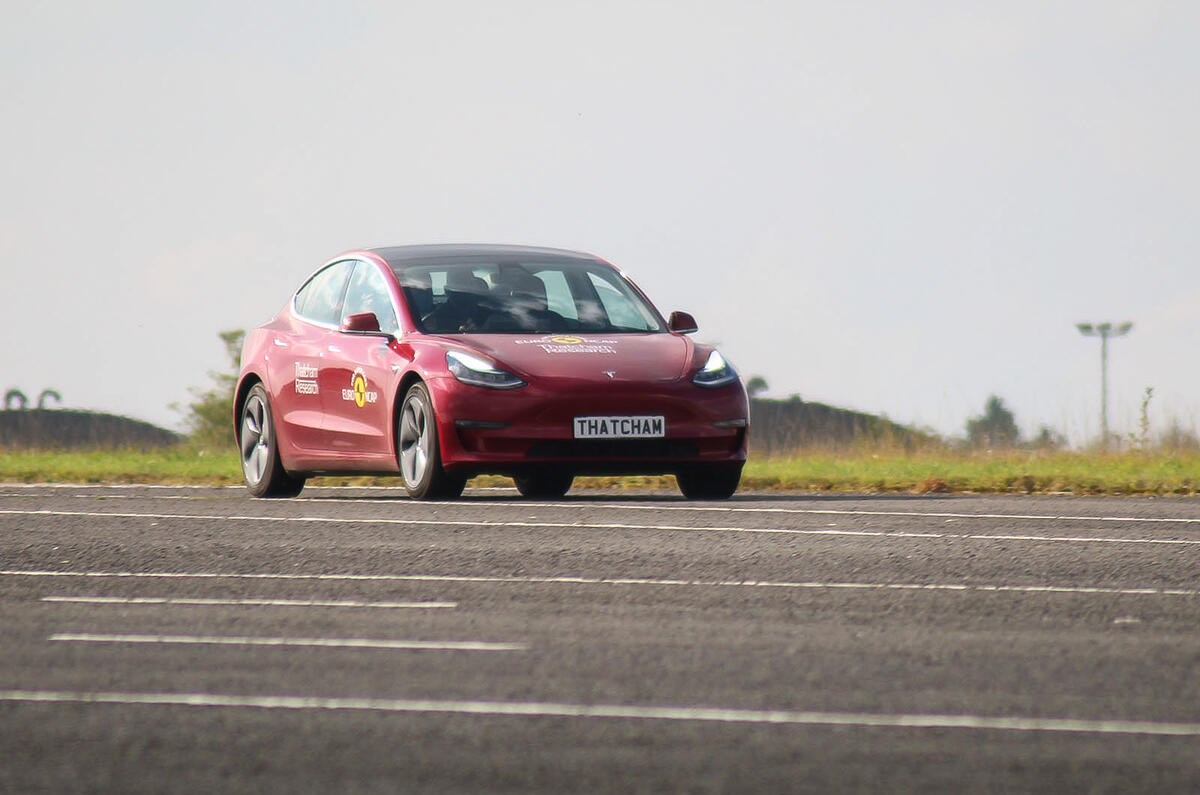
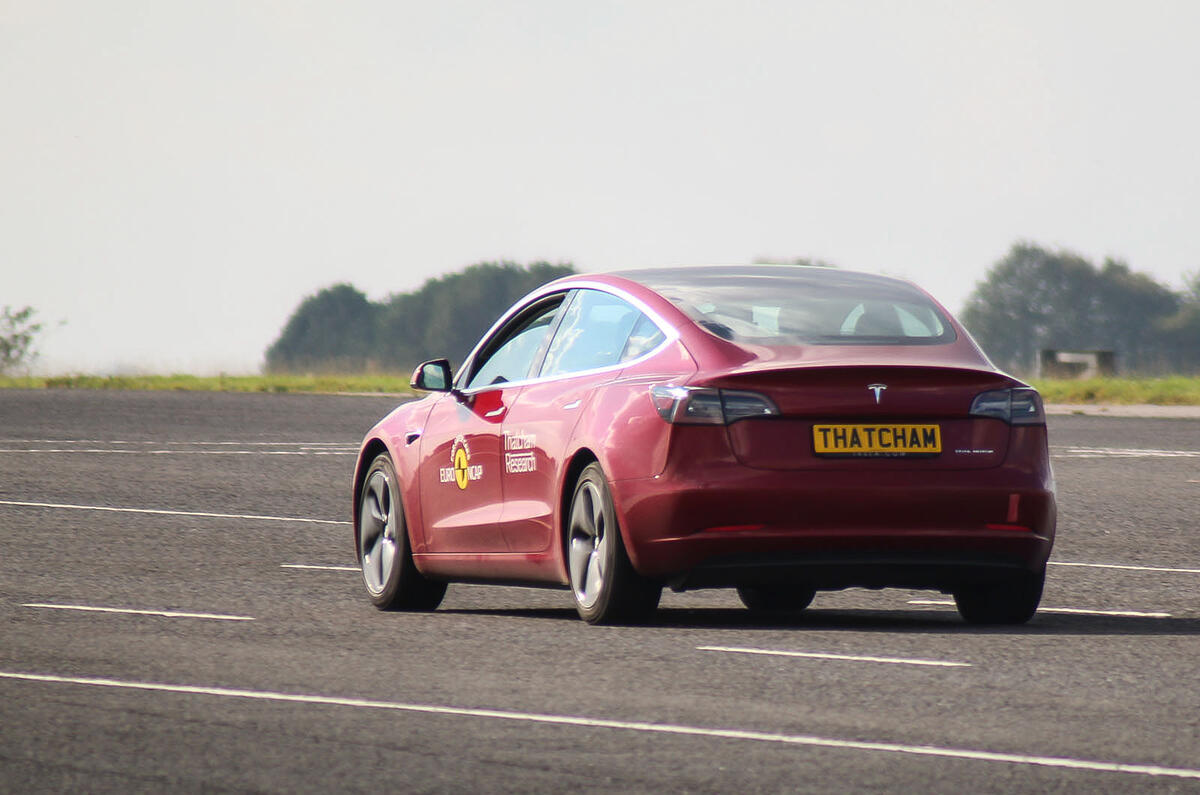
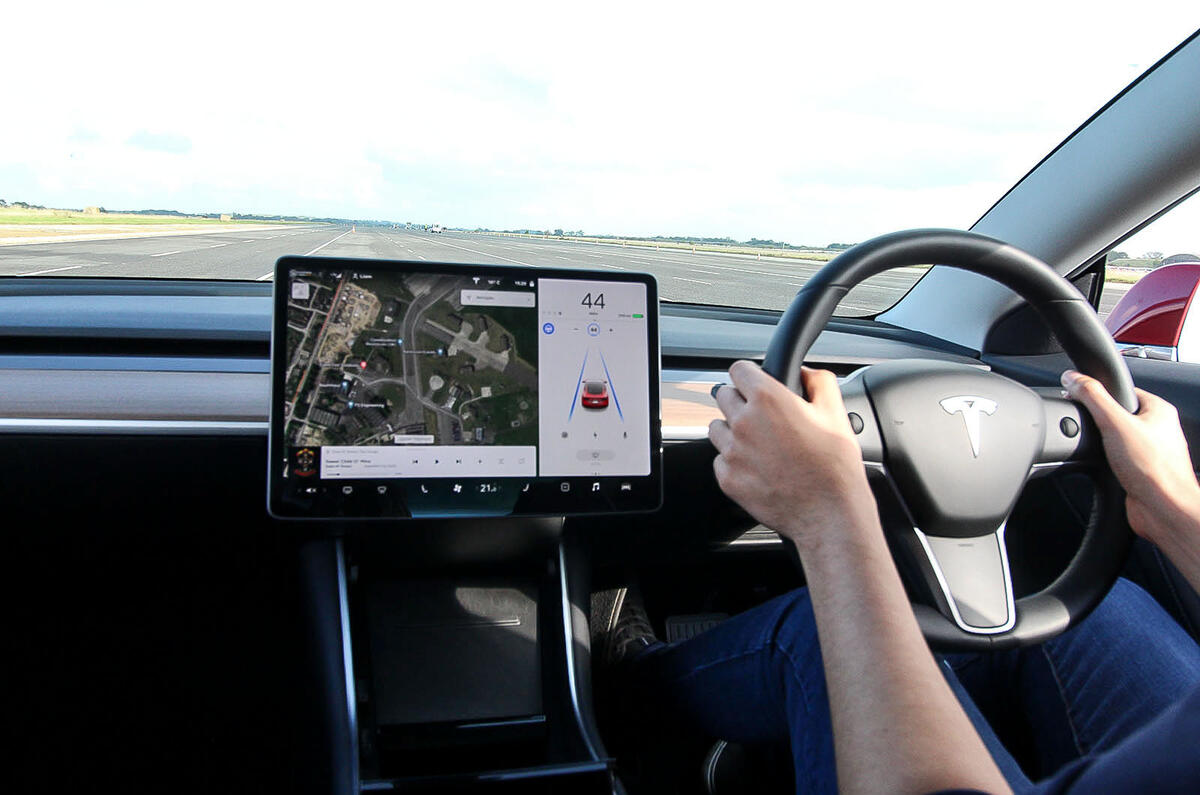
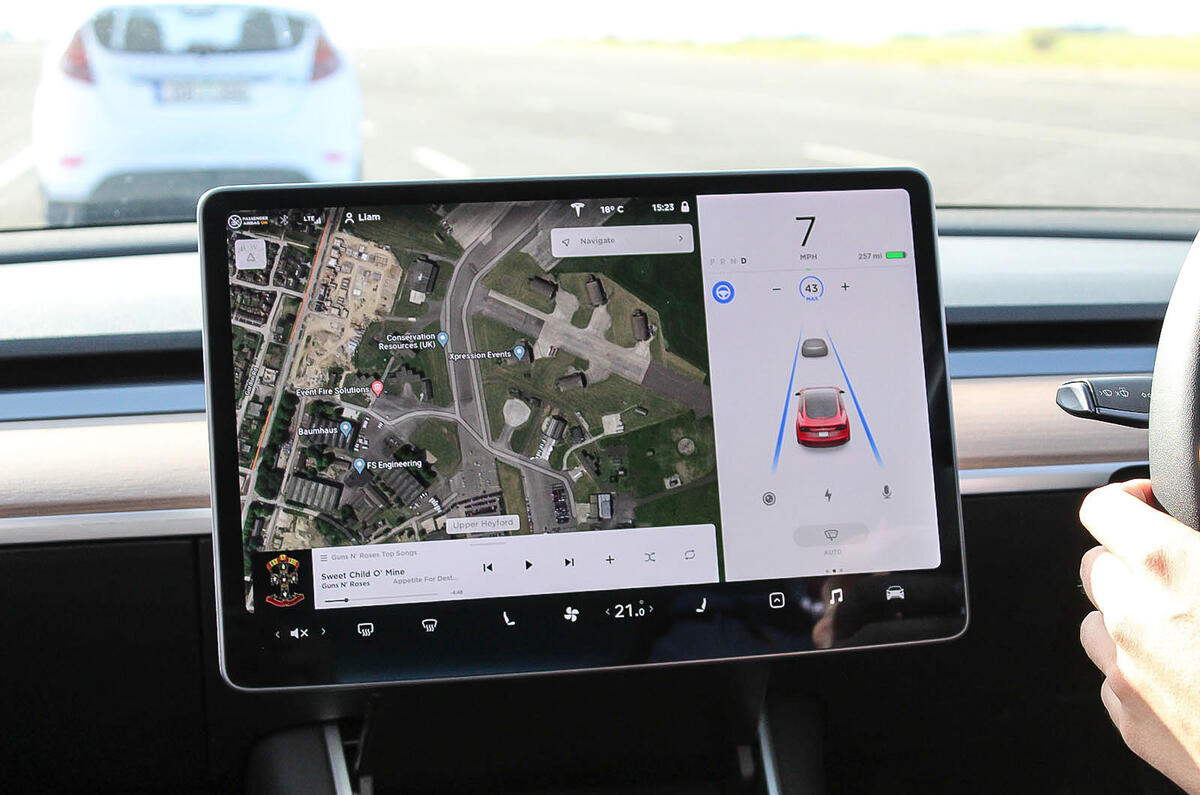
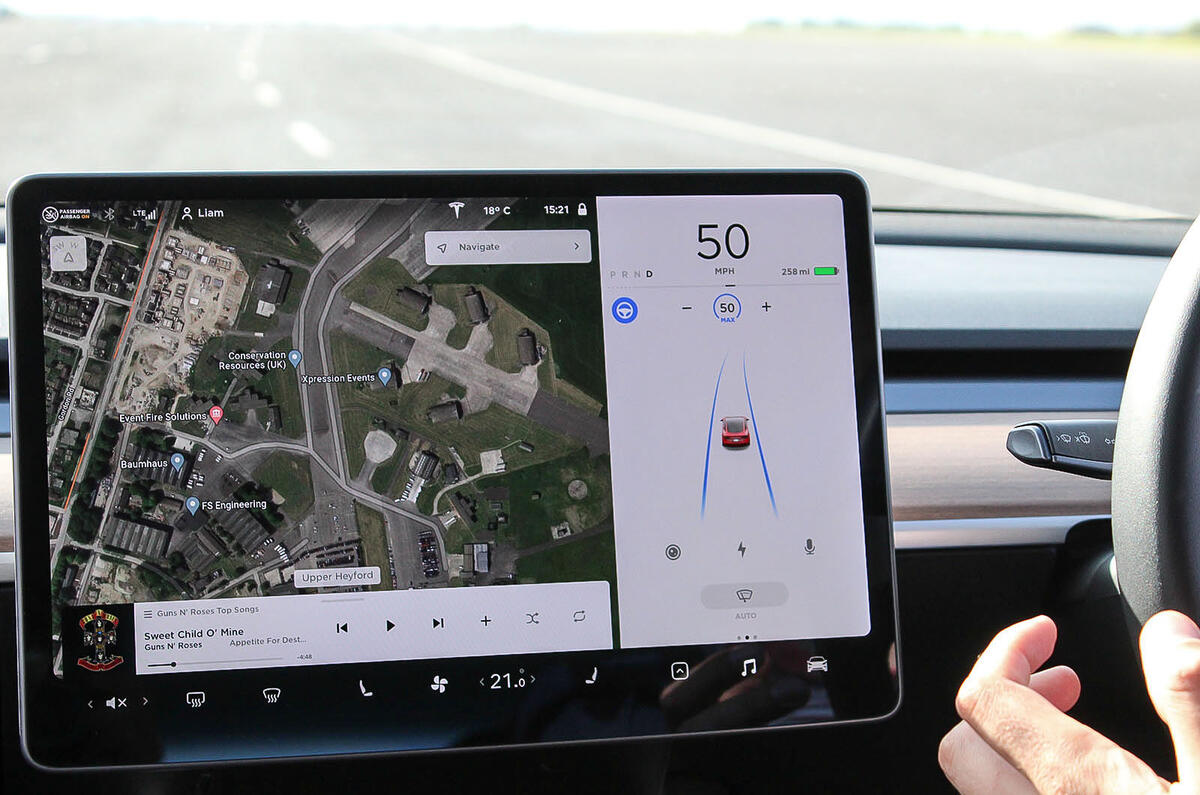
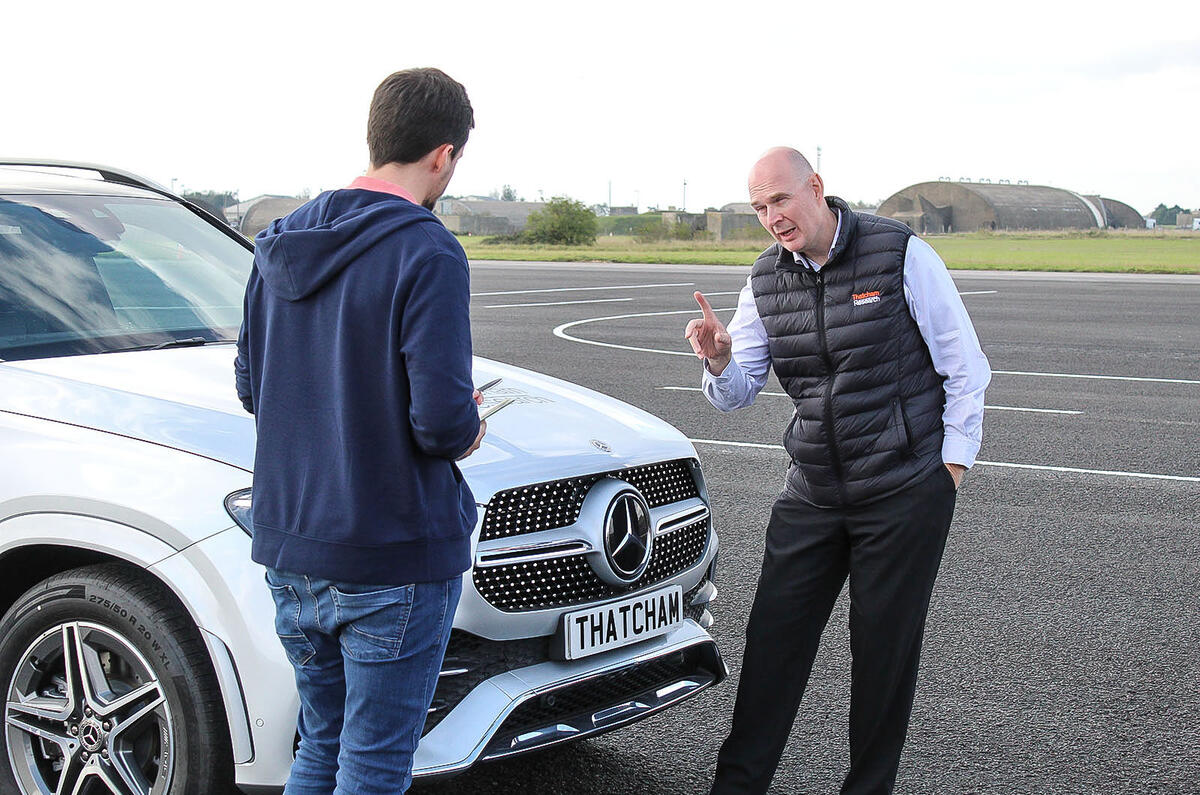
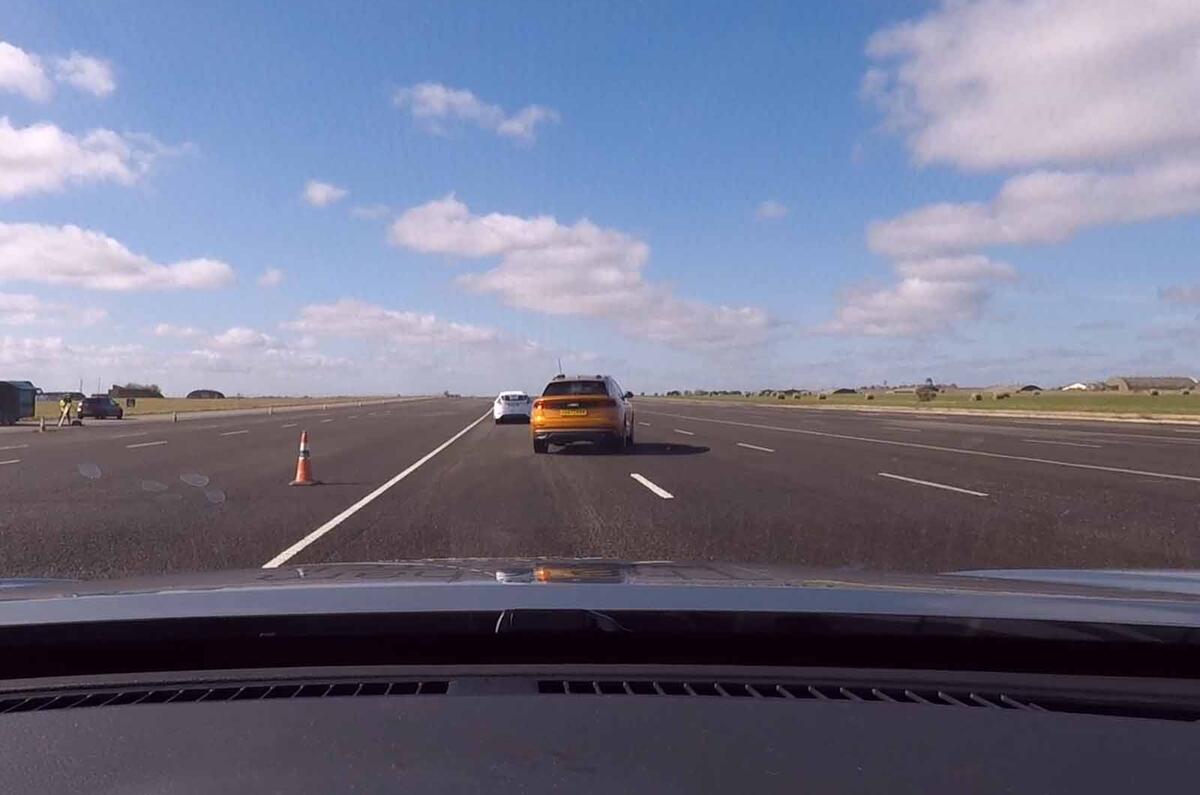
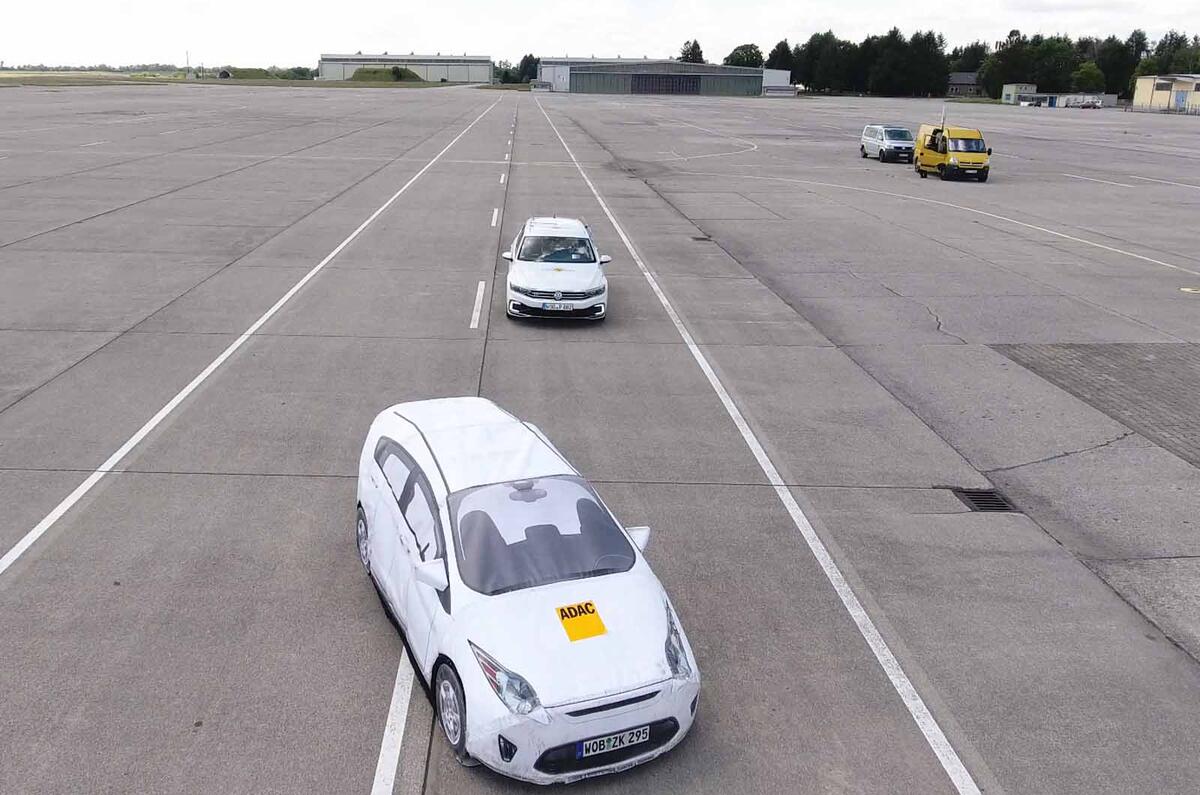
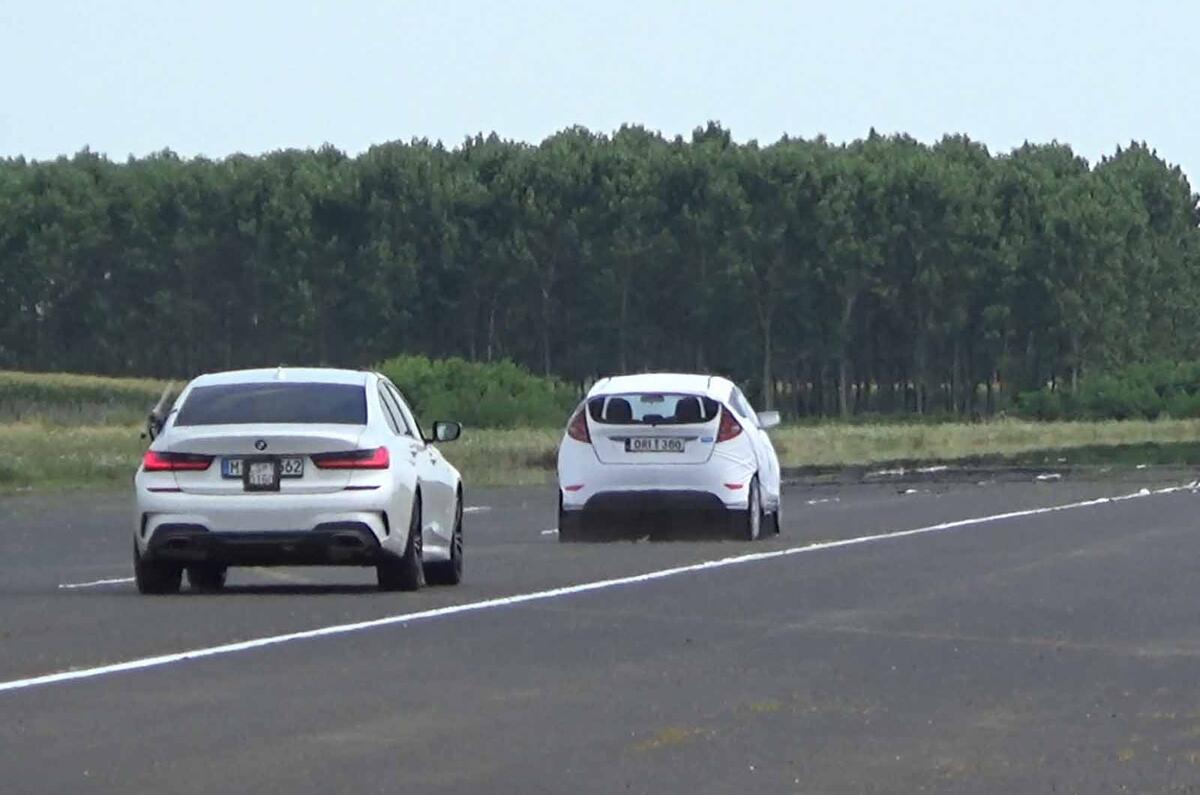
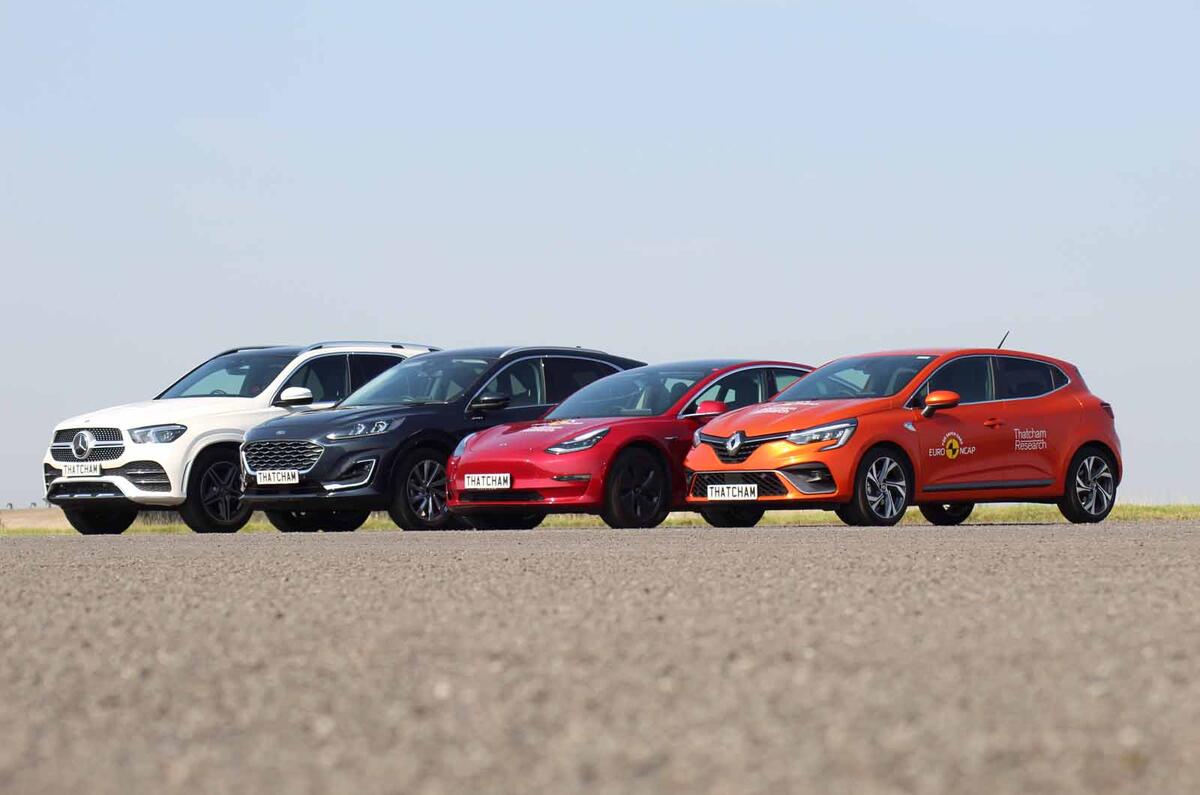
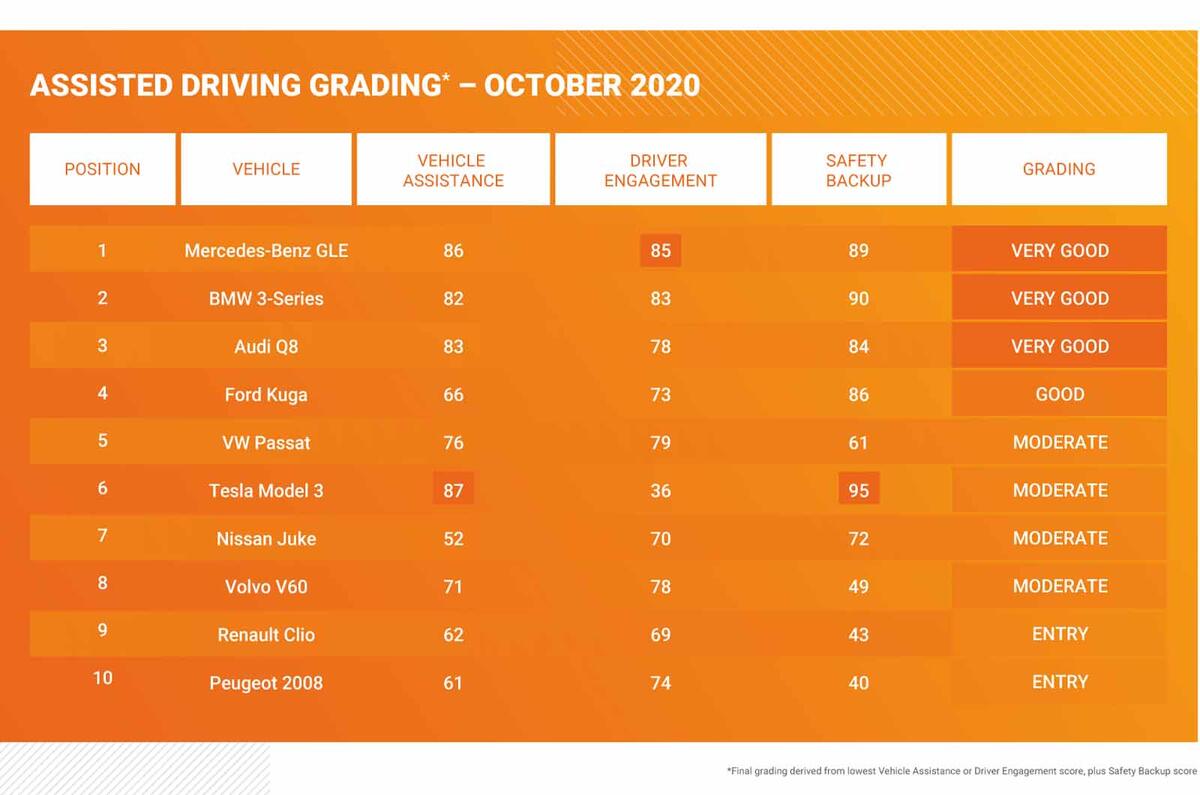
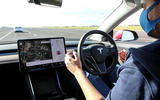
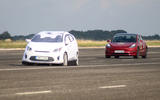
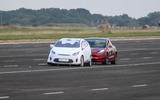
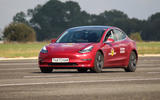
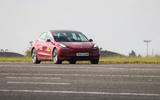
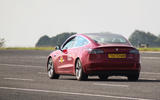
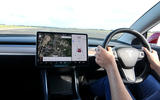
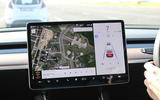
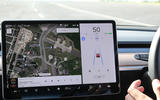
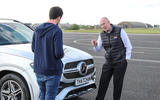
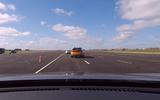
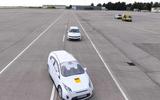
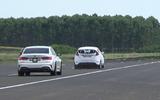
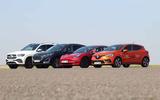
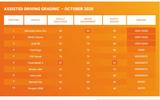

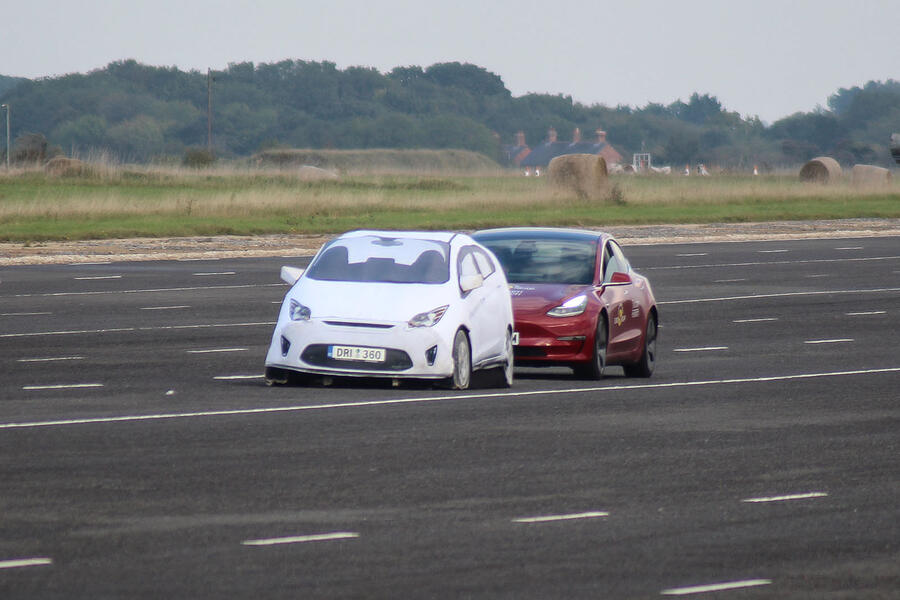

Join the debate
Add your comment
At last
This kind of testing has been long overdue imo, particularly the false impressions being given by Tesla with the false connotations inevitably brought about by the 'Autopilot' name. In reply to previous comments expressing ridicule at the points deduction due to lack of driver input, the problem is that no system - no, not even Tesla's - is capable of full autonomy in all situations. If that were the case, then yes, the points deduction for lack of driver input would be silly. But seeing as current systems are merely assistance systems - i.e. they just assist the driver - then it has to be ensured that the driver is still in full control of the vehicle and ultimately repsonsible for whatever happens, with the tech simply alerting the driver of danger and helping in avoiding a collision.
Can’t believe.
I can't believe there are "Satnav says" drivers out there who'll Blythely do what a electronic voice says!, so, yes there has to be some sort of system to prevent accidents created by these drivers.
Desperate
Another desperate attempt by NCAP and Thatcham to remain relevant and charge for their services! Why on earth would you penalise something that tries to remove that most usless of all car systems - the human driver. Again, most Autocar readers enjoy cars and driving so can't understand that 99% of the population don't care about driving. Just this morning: 2 drivers deliberately jumped red lights, another slammed on his brakes when the next lane over went red (not ours) and an incompetent buffon actually went the wrong way round a town roundabout causing 10 other cars to slam on and beep horns. Driver was oblivious. And Thatcham NCAP give systems more points for prioritising humans!!